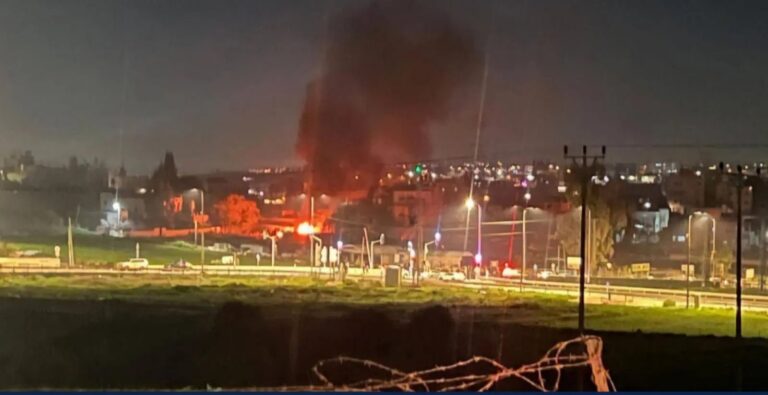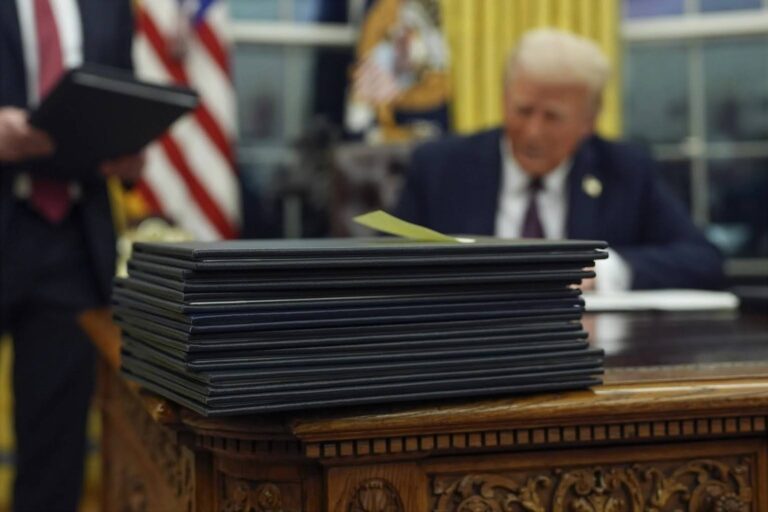 Retired Lt. Gen. Michael Flynn, the man Donald Trump has asked to be his national security adviser, built a reputation in the Army as an astute intelligence professional and a straight talker.
Retired Lt. Gen. Michael Flynn, the man Donald Trump has asked to be his national security adviser, built a reputation in the Army as an astute intelligence professional and a straight talker.
What set Flynn apart after he shed his uniform in 2014 was the blistering public criticism he quickly leveled at the White House and Pentagon, taking issue with a wide range of national security policies, including the administration’s approach to fighting the Islamic State group and, more generally, its handling of global affairs.
In recent public comments, including his fiery address at the Republican National Convention, Flynn has emphasized his view that the threat posed by IS requires a more aggressive U.S. military, as well as his belief that Washington should work more closely with Moscow. Flynn is a champion of other foreign policy themes Trump pushed during the campaign, including renegotiating the Iran nuclear deal.
But Flynn’s warmth toward Russia and antagonism toward what conservatives rail against as “radical Islam” have worried some national security experts. Flynn traveled last year to Moscow, where he joined Russian President Vladimir Putin and other Russian officials in a celebration of the RT network, a Russian government-controlled television channel. Flynn later explained that he had been paid for taking part in the event, but brushed aside concerns that he was aiding a Russian propaganda effort.
Flynn has also been outspoken in his warnings about the dangers of Islamist groups, complaining on CNN in June that the U.S. needs to “discredit” radical Islam, but that “we’re not allowed to do that right now.” He accused the Obama administration in a New York Post op-ed in July of failing to design a coherent strategy for opposing the Islamic State group. And in August, he spoke at an event in Dallas for the anti-Islamist group Act for America, saying that Islam “is a political ideology” and that it “definitely hides behind being a religion.”
Flynn’s dark warnings about Islam have not extended to the Islamist-leaning authoritarian Turkish government headed by President Recep Tayyip Erdogan. In an op-ed for the Washington newspaper The Hill just before the election, Flynn wrote that “our ally Turkey” needs support and echoed Erdogan’s warnings that a “shady” Turkish leader now exiled in Pennsylvania should not be given safe harbor in the U.S. Erdogan has called for the extradition of the exile, Fethullah Gullen, but the Obama administration has made no move to comply.
This alignment of views, coupled with his outspokenness, could make Flynn a particularly useful ally to Trump and counterweight to those senior military officers who have been leery of deeper U.S. involvement in the Middle East as well as those convinced that Russia’s aggression in Ukraine demands a harsher U.S. response.
Flynn’s military experience might have made him seem like a natural choice to lead the Pentagon. But without a waiver from Congress, he is not eligible to be secretary of defense because federal law says “a person may not be appointed as secretary of defense within seven years after relief from active duty as a commissioned officer.” Flynn retired from the Army after two turbulent years as director of the Defense Intelligence Agency, the Pentagon’s top spy agency.
As Trump’s national security adviser he would not require Senate confirmation.
Flynn, who turns 58 in December, is a native of Middletown, Rhode Island. He graduated from the University of Rhode Island in 1981 with a degree in management science and was commissioned a second lieutenant in military intelligence. He held various positions in military intelligence throughout his career, including director of intelligence for the Joint Chiefs of Staff, and the top intelligence officer for the commander of the U.S.-led international military coalition in Afghanistan in 2009-10.
According to a biography published by the DIA during his time as its director, Flynn’s academic credentials include three graduate degrees: a master’s in telecommunications from Golden Gate University; a master’s in military arts and sciences from the U.S. Army Command and General Staff College at Fort Leavenworth, Kansas; and a master’s in national security and strategic studies from the U.S. Naval War College at Newport, Rhode Island.
He drew public attention in January 2010, during his time in Afghanistan, for his unorthodox decision to have a Washington think tank, the Center for a New American Security, publish his critique of the U.S. intelligence system in Afghanistan.
The report said: “Having focused the overwhelming majority of its collection efforts and analytical brainpower on insurgent groups, the vast intelligence apparatus is unable to answer fundamental questions about the environment in which U.S. and allied forces operate.”
After he announced in April 2014 that he would step down as director of the DIA, Flynn asserted that he had been forced out because he disagreed with the administration’s approach to combating extremism. His critics, however, claimed he had mismanaged the agency and that his efforts to force change had met with internal resistance.
With his public and fervent support for Trump, highlighted by his July convention appearance, Flynn challenged the military’s apolitical traditions. He was not alone in that role. John Allen, a retired Marine general, spoke at the Democratic National Convention as a Clinton supporter. Their former colleague, retired Gen. Martin Dempsey, wrote in The Washington Post that Flynn and Allen were wrong to have participated as they did.
“The military is not a political prize,” Dempsey wrote. “The American people should not wonder where their military leaders draw the line between military advice and political preference.”
Flynn would not be the first retired general to be asked to serve as part of a president’s national security team. Obama appointed retired Army Gen. David Petraeus as CIA director in 2011.
Colin Powell, who had served as chairman of the Joint Chiefs of Staff at the pinnacle of his Army career, became secretary of state during President George W. Bush’s first term. He also served as national security adviser to President Ronald Reagan from 1987 to 1989 while retaining his Army commission as a lieutenant general.
Retired Marine Gen. James Jones, a former commander of U.S. and NATO forces in Europe, served as Obama’s first national security adviser.
(AP)










